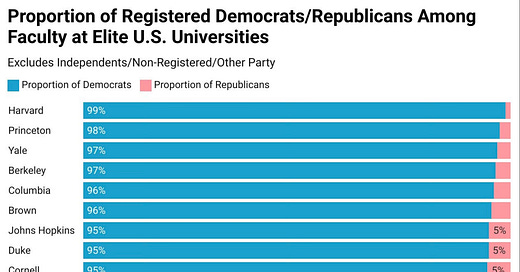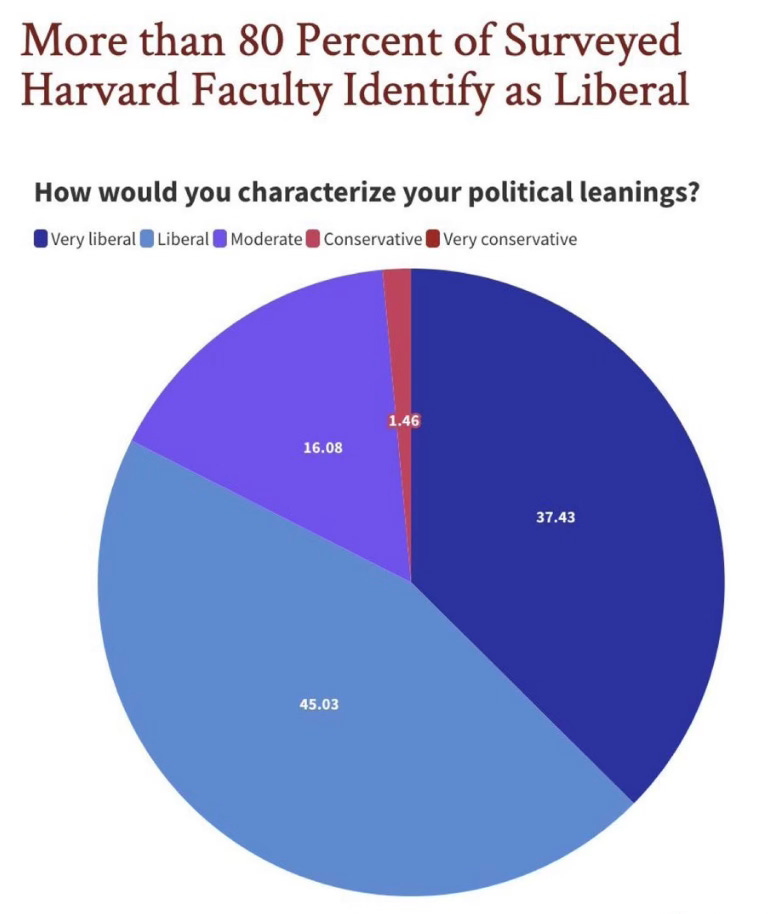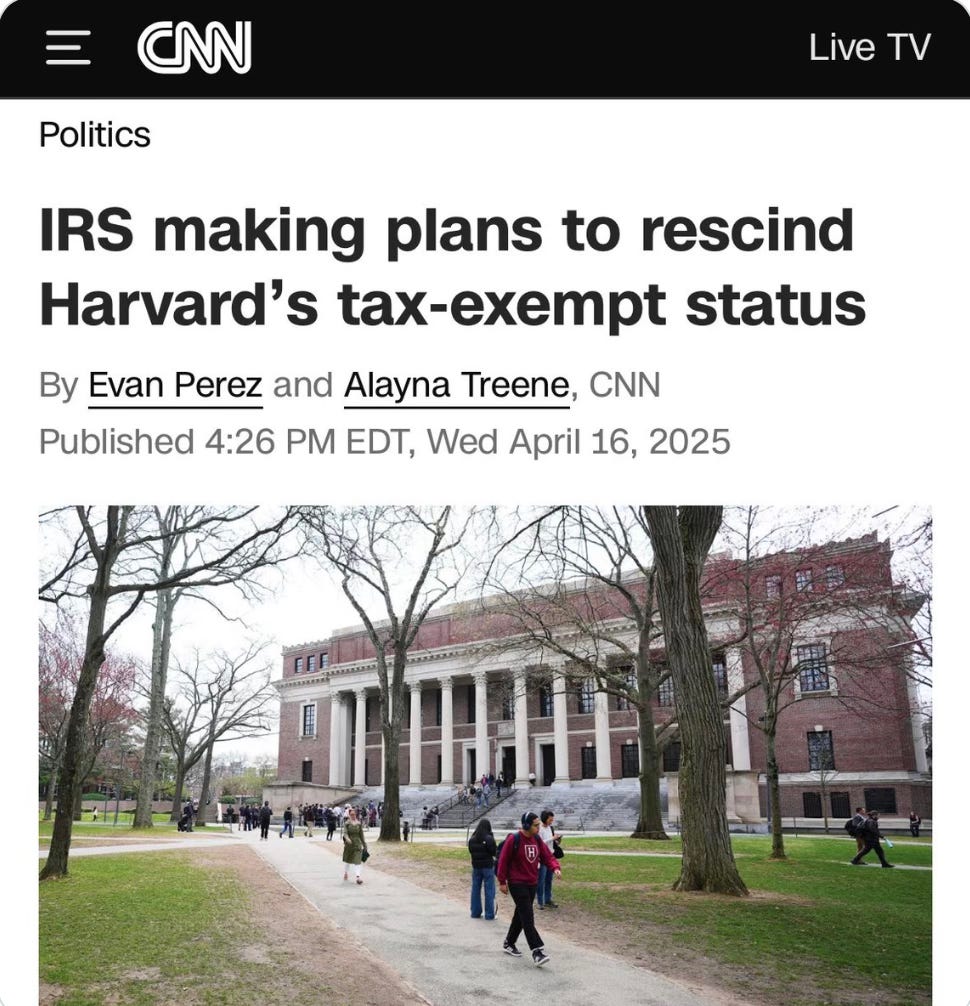• A week after Trump’s victory in November, the Chronicle of Higher Education ran a feature by Case Western University English Professor Michael Clune entitled “We Asked For It: The Politicization of Research, Hiring, and Teaching Made Professors Sitting Ducks.” A key excerpt:
Over the past 10 years, I have watched in horror as academe set itself up for the existential crisis that has now arrived. Starting around 2014, many disciplines — including my own, English — changed their mission. Professors began to see the traditional values and methods of their fields — such as the careful weighing of evidence and the commitment to shared standards of reasoned argument — as complicit in histories of oppression. As a result, many professors and fields began to reframe their work as a kind of political activism.
In reading articles and book manuscripts for peer review, or in reviewing files when conducting faculty job searches, I found that nearly every scholar now justifies their work in political terms. This interpretation of a novel or poem, that historical intervention, is valuable because it will contribute to the achievement of progressive political goals. Nor was this change limited to the humanities. Venerable scientific journals — such as Nature — now explicitly endorse political candidates; computer-science and math departments present their work as advancing social justice. Claims in academic arguments are routinely judged in terms of their likely political effects.
The costs of explicitly tying the academic enterprise to partisan politics in a democracy were eminently foreseeable and are now coming into sharp focus. Public opinion of higher education is at an all-time low. The incoming Trump administration plans to use the accreditation process to end the politicization of higher education — and to tax and fine institutions up to “100 percent” of their endowment. I believe these threats are serious because of a simple political calculation of my own: If Trump announced that he was taxing wealthy endowments down to zero, the majority of Americans would stand up and cheer.
• Which brings us to Harvard, which is facing an onslaught from the Trump Administration whose “unreasonable” demands seem aimed at crushing Harvard into little pieces. Now, I do feel bad for the three conservative professors on the Harvard faculty (heh), but when you have become an adjunct of the Democratic Party, what do you expect is going to happen to you in a democracy? And let’s hope the Trump Administration doesn’t stop with Harvard:
Conservatives—and more than a few sensible liberals—have been telling universities for years that they have become a monoculture that has curdled into a stinking ideological swamp. And administrators and trustees would promise to do better, issue “free expression” statements, instruct incoming freshman during new student orientation on the importance of free speech (in between identitarian hectorings during orientation), maybe bless an initiative for a civic education center on campus that, while better than the regular curriculum, would have no effect on hiring and promotion in any of the main academic departments. In other words, mere smoke screens while things got worse. (Just look up “cluster hires” at universities supposedly seeking to increase “diversity,” but in fact meant to install leftist ideologues in force.)
It shouldn’t need pointing out that even a sincere commitment to freedom of expression on campus amounts to nothing if there is no one to express an opinion that dissents from leftist orthodoxy. “Diversity and inclusion” doesn’t include viewpoint diversity, or including conservatives on the faculty. As Thomas Sowell has recommended, next time some college administrator boasts about their commitment to diversity, ask them how many Republicans they have in the sociology department.
With none of these patient efforts at getting universities to change course, the time has come to smash them with a hammer.
Two closing thoughts. William F. Buckley Jr. famously said he’d rather be governed by the first 2,000 names in the Boston phone book than by the faculty of Harvard. Today I think he’d say it is better to be educated by the first 2,000 names in the Boston phone book than by the faculty of Harvard,
Second, let’s have a bit more from Clune’s Chronicle of Higher Education article:
Far from representing a powerful avant-garde leading the way to political change, the politicized class of professors is a serious political liability to any party that it supports. The hierarchical structure of academe, and the role it plays in class stratification, clings to every professor’s political pronouncement like a revolting odor. My guess is that the successful Democrats of the future will seek to distance themselves as far as possible from the bespoke jargon and pedantic tone that has constituted the professoriate’s signal contribution to Democratic politics. Nothing would so efficiently invalidate conservative views with working-class Americans than if every elite college professor was replaced by a double who conceived of their work in terms of activism for right-wing ideas. Professors are bad at politics, and politicized professors are bad for their own politics.
• But let’s not end without at least a couple of headlines and topical memes:









"As a result, many professors and fields began to reframe their work as a kind of political activism." /// And how was that achieved? Can you pronounce 'colonization'? It has been achieved since the 60s by simply ensuring that faculty hiring committees were populated by leftist bigots, who then made sure that no non-progressives would ever be hired again. They succeeded in their exclusions, and you can still hear them laughing when some rube argues that 'inclusion' should include, well, diverse viewpoints among faculty members.
"If Trump announced that he was taxing wealthy endowments down to zero, the majority of Americans would stand up and cheer."
(Putting aside the constitutional issue) I will be standing and cheering along with everyone else.